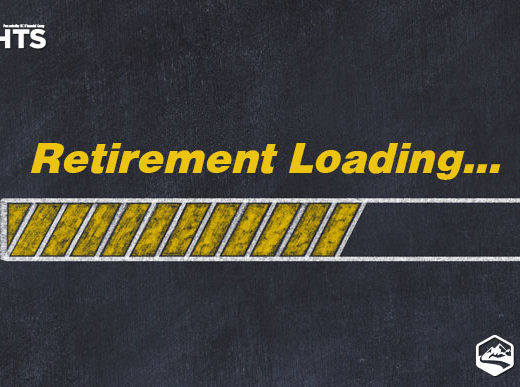Why are they made again and again?
Common mistakes that plague start-ups, family businesses, corporations, and charities seem impossible to avoid. But here’s the catch: mistakes are a fact of life, as stated by Nikki Giovanni, an American poet. That being said, there is no reason you can’t learn from the mistakes of others and avoid making the same ones.
Retirees face a variety of common mistakes when preparing for retirement. Calling them “mistakes” may be a bit harsh, as not all of them represent errors in judgment. Yet whether they result from ignorance or fate, we need to be aware of them as we prepare for and enter retirement.
Not having a financial plan. Don’t let the excitement of retirement overshadow the importance of planning. Create a plan that considers your expected lifespan, planned retirement age, retirement location, general health, and desired lifestyle. Avoid the possibility of sabotaging your retirement by planning ahead.3
Timing Social Security. As Social Security benefits rise about 8% for every year you delay receiving them, waiting a few years to apply for benefits can position you for higher retirement income. Filing for your monthly benefits before you reach Social Security’s Full Retirement Age (FRA) can mean comparatively smaller monthly payments.1
Managing medical bills. Medicare will not pay for everything. Unless there’s a change in how the program works, you may have a number of out-of-pocket costs, including dental, and vision.
Underestimating longevity. Actuaries at the Social Security Administration project that around a third of today’s 65-year-olds will live to age 90, with about one in seven living 95 years or longer. The prospect of a 20- or 30-year retirement is not unreasonable, yet there is still a lingering cultural assumption that our retirements might duplicate the relatively brief ones of our parents.2
Withdrawing strategies. You may have heard of the “4% rule,” a guideline stating that you should take out only about 4% of your retirement savings annually. Some retirees try to abide by it.
So, why do others withdraw 7% or 8% a year? In the first phase of retirement, people tend to live it up; more free time naturally promotes new ventures and adventures and an inclination to live a bit more lavishly.
Talking About Taxes. It can be a good idea to have both taxable and tax-advantaged accounts in retirement. Assuming your retirement will be long, you may want to assign this or that investment to its “preferred domain.” What does that mean? It means the taxable or tax-advantaged account that may be most appropriate for it as you pursue a better after-tax return for the whole portfolio.
Connect with a professional advisor to learn more about the best tax opportunities available for your specific portfolio.
Retiring with debts. Some find it harder to preserve (or accumulate) wealth when you are handing portions of it to creditors.
Putting college costs before retirement costs. There is no “financial aid” program for retirement. There are no “retirement loans.” Your children have their whole financial lives ahead of them.
Investing unwisely. Making smart investing decisions can set you up for success throughout your retirement. You can avoid self-inflicted risk with your investments if you rely on the professional advice from a financial advisor. An advisor will guide you through investment options best suited for your portfolio.3
These retirement preparation mistakes can be easy to fall victim to. Although easy, each mistake is very avoidable. Take time to review and refine your retirement strategy in the company of the financial professional you know and trust.
Source
1. Forbes.com, December 9, 2021. https://www.forbes.com/sites/davidrae/2021/12/09/the-5-ways-to-maximize-your-retirement-income-from-social-security/?sh=72d867f8243e.
2. SSA.gov, January 24, 2022
3. Investopedia.com, 2021. https://www.investopedia.com/retirement/how-sabotage-your-retirement/.
Investment advisory services are offered through Trek Financial, LLC., an SEC Registered Investment Adviser. Information presented is for educational purposes only. It should not be considered specific investment advice, does not take into consideration your specific situation, and does not intend to make an offer or solicitation for the sale or purchase of any securities or investment strategies. Investments involve risk and are not guaranteed. Be sure to consult with a qualified financial adviser and/or tax professional before implementing any strategy discussed herein.




